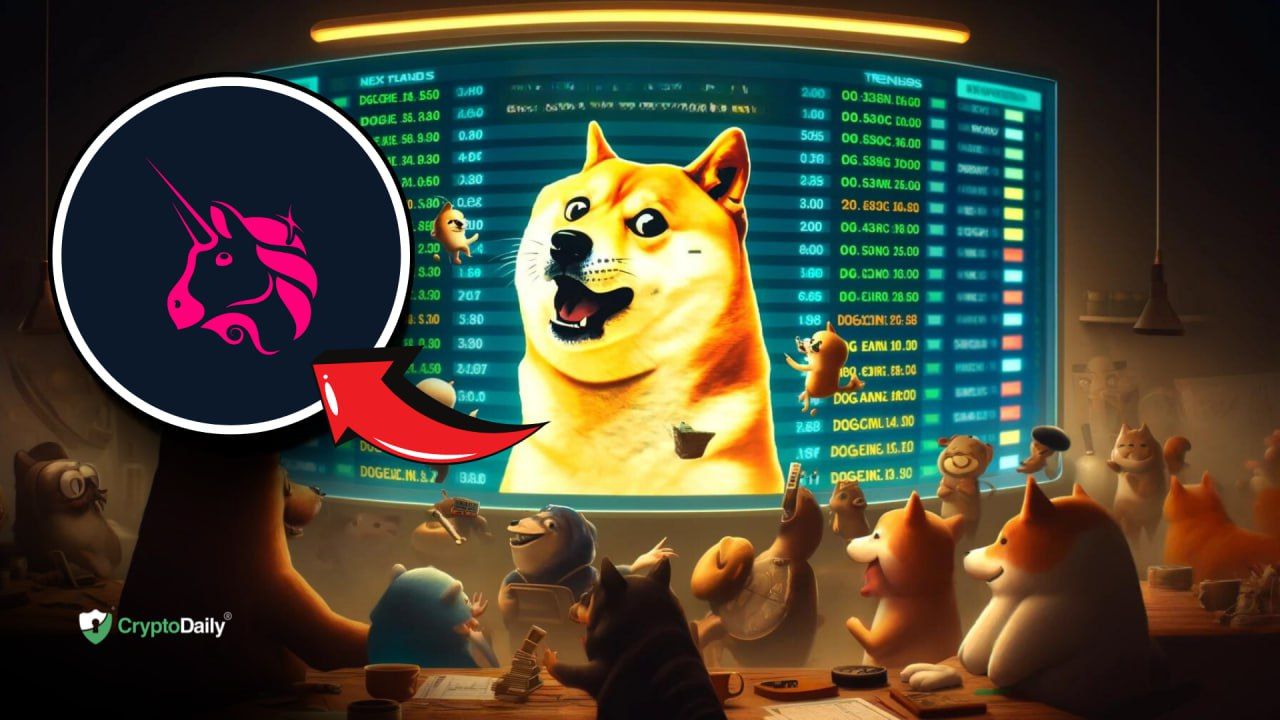The shipping industry is one that has advanced considerably in some ways, but in others is actually very behind the times. It is a market that relies heavily on paper documents and a lot of them. However; this is all about to change, as a number of different shipping lines have teamed up with technology companies, and they are about to upgrade the world’s most complex logistics network. This has the potential to be absolutely massive, and could really transform the shipping industry, but there is no denying that it will cause a lot of upheaval along the way. In order for this to fully work, thousands of business across the entire world will have to work out a protocol that can integrate all the new systems onto one huge platform. If these plans are successful, it will definitely speed up transactions, and documentation that would normally take days could take minutes, and eliminate the need for human impact for much of it. On top of this, it could also dramatically cut costs. Rahul Kapoor, who is an analyst at Bloomberg Intelligence said;
“This would be the biggest innovation in the industry since the containerisation…It basically brings more transparency and efficiency. The container shipping lines are coming out of their shells and playing catch-up in technology.”
So just how will using blockchain technology help? It is essentially a ledger system which will allow the transactions to all be verified autonomously. The great news is that applying this would create benefits that wouldn’t be just assigned to the shipping market. The shipping market is notorious for its huge paper trail, which begins as soon as a cargo owner actually books space on a ship, resulting in one single shipment requiring hundreds of pages that have to be physically delivered to different agencies, banks and customs bureaus. This was evident when a refrigerator container was tracked travelling from Kenya to the Netherlands. Almost 30 people and organisations were involved in the whole process, which took about 34 days to complete. This process was delayed when a vital document went missing along the way – eventually to be found amid a pile of papers. Instead of transitioning into electronic forms, the industry has instead relied on advances in transport technology, such as the vessels used, along with the boxes used to carry the cargo. This transition will not be without problems though, due to the fact that ships will often hold thousands of products from different suppliers to customers in many countries moving to a uniform electronic system will present some major challenges. Even if the shipping lines can come to an agreement about using a uniform electronic system, the shipping lines will then have to persuade the ports and organisations involved in the trading to also adopt their systems. Some companies have agreed to this though, and it is estimated that the costs savings could be visible in approximately two years time.
Investment Disclaimer








